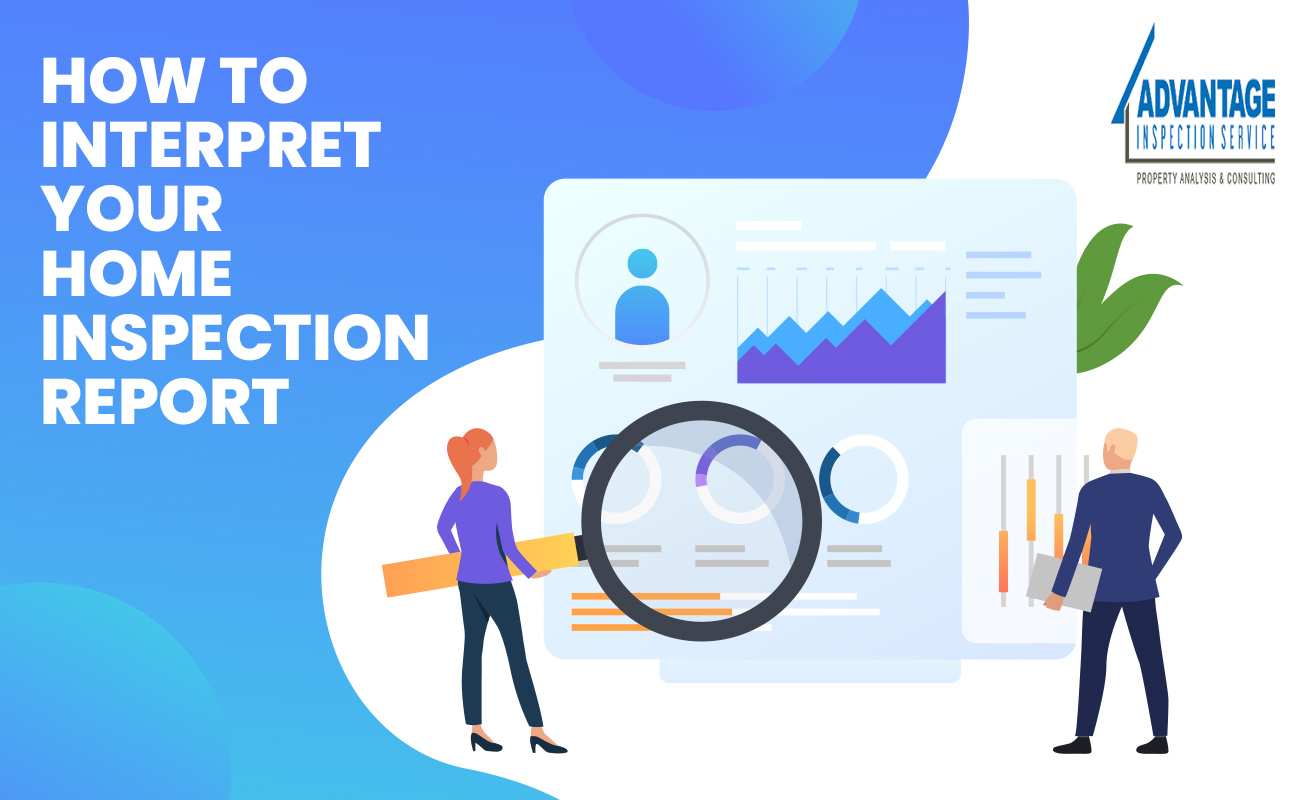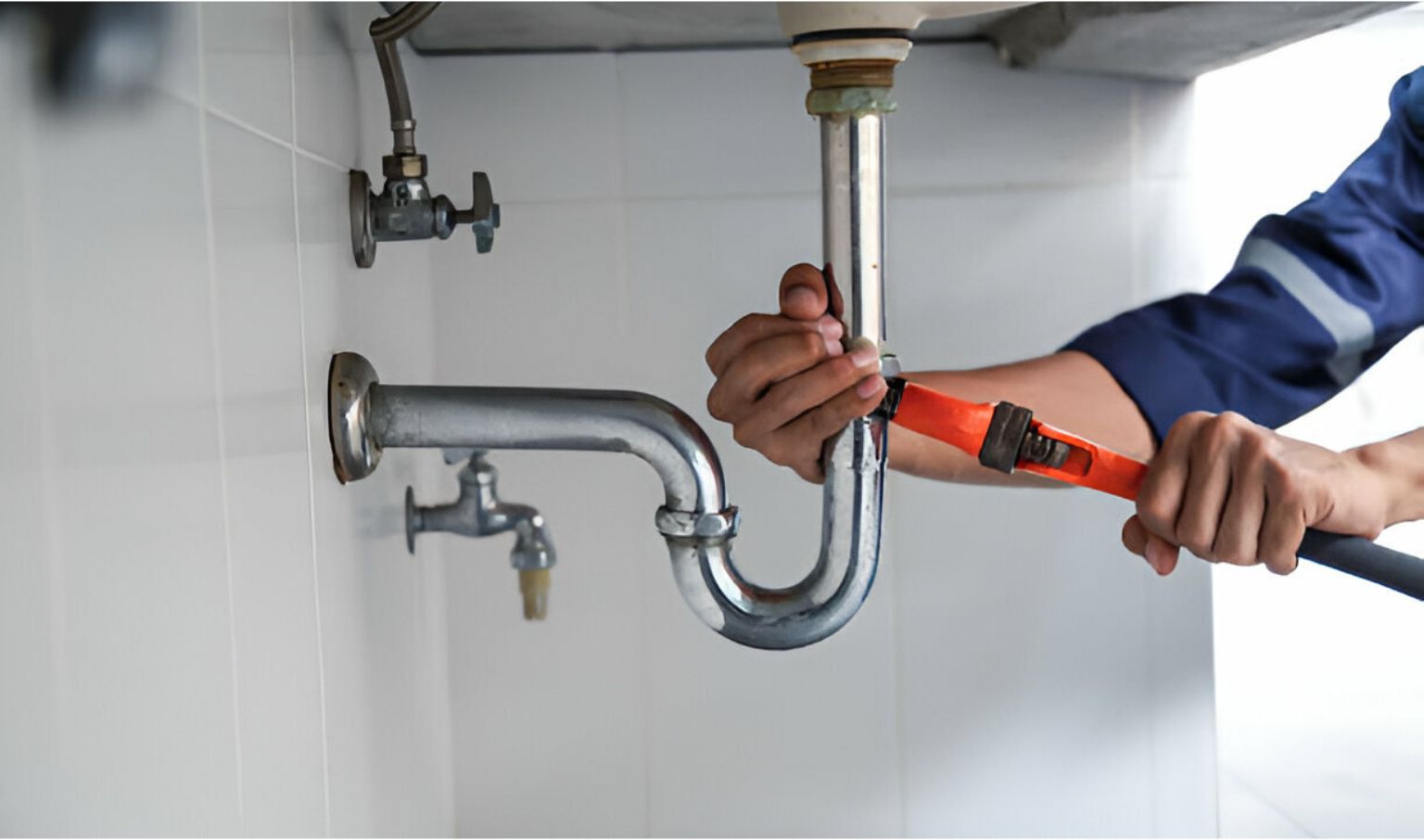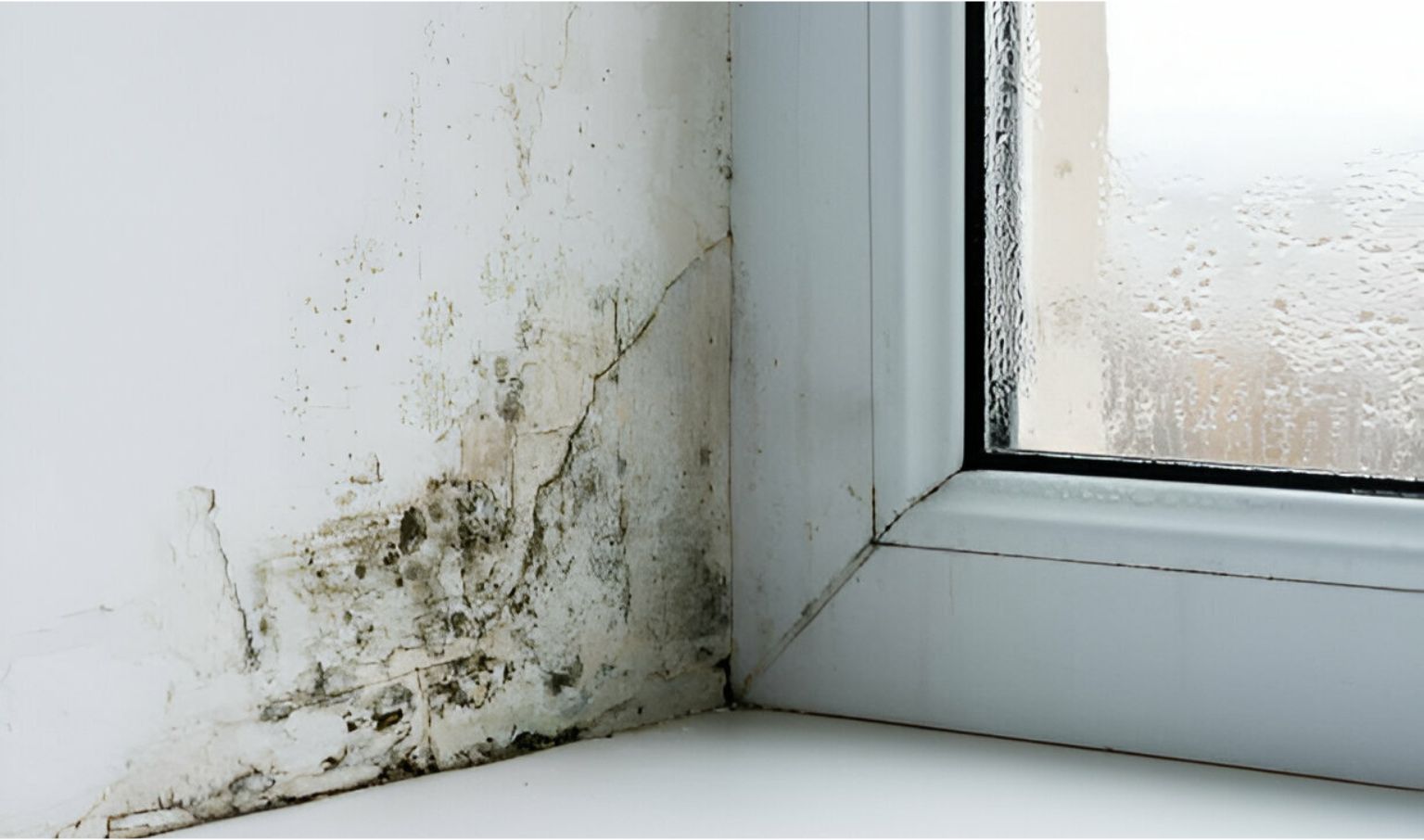You have invested an arm and a leg in buying your new home, and now…

How To Interpret Your Home Inspection Report
Once you decide to buy or sell a house, you can not understate the significance of a home inspection report. An inspection report helps provide in-depth knowledge and analysis of the property’s condition, highlighting potential issues that need your attention. However, it becomes hard to intercept a home inspection report, especially if you lack home maintenance expertise. This is right where you need the best home inspectors in Phoenix. With the inspector’s knowledge and experience, you can get help understanding the home inspection report, allowing you to make well-informed decisions regarding your property. In the blog below, we will discuss some pointers to help intercept your home inspection report and get peace of mind while you move forward with your home-buying or selling journey.
Read The Entire Report Thoroughly
One of the most critical tasks in comprehending your home inspection report is to read it thoroughly. A home inspection report provides a detailed examination of the state of the home and lists any problems you should look forward to fixing. If you take the time to read and comprehend this report, it can be a helpful resource when making decisions about buying or selling a house.
After reading the report, you can be assured that you are aware of any concerns that need repairing and their seriousness. It also helps you decide which problems require immediate attention and which can wait. Furthermore, after thoroughly reading the report, you may plan your budget and make a prioritized list of the repairs and improvements needed.
It’s critical to pay special attention to any significant flaws mentioned in your home inspection report when reading it. These concerns could be related to safety hazards, electrical or plumbing problems, or structural problems. Making decisions about your property that are well-informed depends on your understanding of the seriousness of these problems. It’s also crucial to see if the report includes any issue photos, as these might be useful in determining the extent of the issue.
It’s crucial to look over any minor concerns the report lists and any significant ones. These might be issues like peeling paint, stained carpeting, or leaking faucets. Even though these problems might not be deal-breakers, they can affect your budget and decision-making process.
It’s a good idea to compile a list of any questions regarding the report after you’ve read it. This will enable you to make sense of any ambiguous or unclear wording and guarantee that you fully comprehend the report’s contents. Ask your home inspector for clarification or more details during Arizona property inspections if you have any questions about any parts of the report.
Determine Whether Any Problems Listed In The Report Are Deal-Breakers
A home inspection report thoroughly evaluates a property’s state, including any problems that must be fixed. Finding out whether any issues listed in the report are deal-breakers is one of the most crucial tasks in evaluating a home inspection report. Making wise choices about buying or selling a home requires knowing which concerns are deal-breakers.
An issue that is substantial enough to cause you to reconsider your choice to buy a home refers to a deal-breaker. These problems could involve dangers to public safety, structural flaws, or the demand for expensive repairs. Many factors, like the severity of the problem, the cost of repairs, and your personal preferences, determine whether a problem is a deal-breaker.
It’s crucial to pay special attention to any significant flaws mentioned in a home inspection report when reading it. These concerns could be anything from foundation issues to roof leaks to electrical or plumbing problems. The cost of fixing these problems may lower the property’s overall value. It can be a deal-breaker if the repair cost is high or the problem is too severe.
It’s crucial to consider any minor issues identified in the report alongside the major ones. Even though some of these problems might not be deal-breakers, they might add up and impact your choice. For instance, if the report lists numerous minor faults, this may be a sign of general negligence or poor upkeep of the property.
You shall also consider your preferences when assessing if a problem is a deal-breaker. For instance, you might not consider it a deal-breaker if the house has an outdated kitchen or bathroom that you would like to repair. However, this could be a big problem if you’re looking for a property ready to move into.
Ask Your Home Inspector To Clarify Any Confusing Or Unclear Language
Ensure you comprehend the report’s contents by asking your home inspector for clarity. The report may use some technical or challenging-to-understand language. Ask your home inspector to explain any unclear or confusing wording in the report if you need help understanding it.
Ensure you also comprehend the seriousness of any faults highlighted by the inspection report by asking your house inspector for explanations.
If the report mentions a roof leak, your home inspector can clarify whether a quick fix would do or whether you need a complete roof replacement. Asking for clarification will assist you in understanding the recommended course of action for fixing any difficulties and the seriousness of any issues, as the report states. With this information, you may plan your schedule for fixing the problems and budget for any necessary repairs.
Consider Obtaining A Second Opinion From Another Home Inspector Or Contractor
It’s crucial to consider getting a second opinion from a different home inspector or contractor when evaluating a home inspection report. The inspector might have overlooked anything or given an incorrect assessment. A second opinion can offer insightful analysis and assist you in making more knowledgeable decisions regarding the property.
Getting a second opinion is one way to ensure the report is accurate. Since home inspectors are only human and prone to error, the report may be inaccurate or contain errors. A second opinion can assist in uncovering any problems that your inspector might have overlooked or offer a more accurate evaluation of the property’s condition.
Getting a second opinion is a good idea because it will give you a different viewpoint on the property. Home inspectors may specialize in other fields or take a different approach to the inspection process.
You might better understand the severity of a problem or the suggested course of action for fixing by a second inspector or contractor. This might assist you in making higher informed decisions regarding the home and any required repairs. Furthermore, a second opinion can also help to give you a fuller grasp of any problems the report lists.
If you need a reliable and thorough home inspection in Arizona, Advantage Inspections is here to help. As one of the top Arizona home inspection companies, our team of experienced inspectors will comprehensively assess your property, identifying any issues that need repairing. Contact us today to schedule your home inspection and have peace of mind knowing that you’re making an informed decision about your property.




